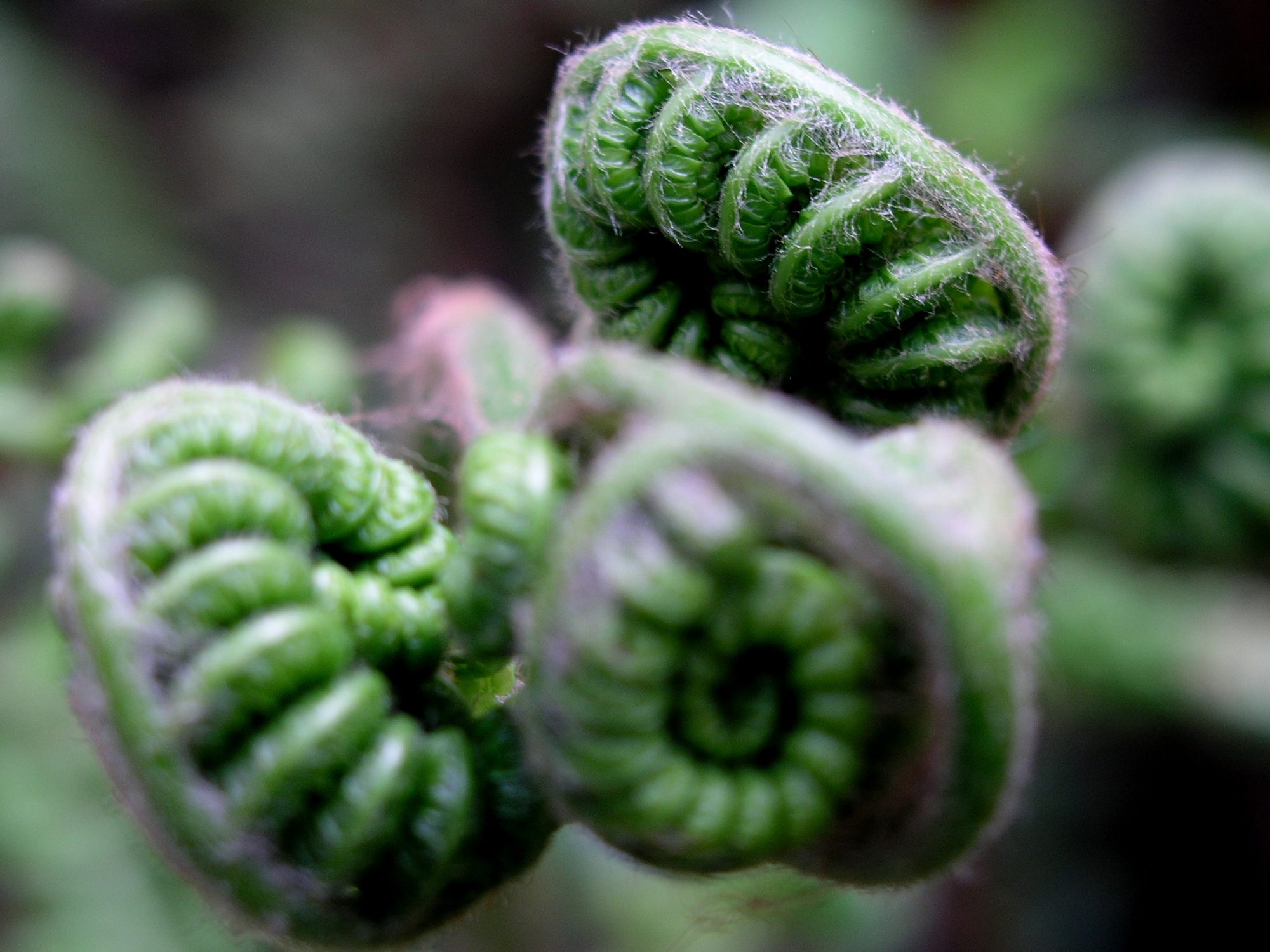July 2024

Dear Friends:
In 2016, after some time of looking into the problem of worry, I noticed that there was another element that profoundly impacted the relationship between stress and worry. The element I discovered through reading various articles is the Intolerance of Uncertainty. Without addressing and getting rid of this element, a person’s ability to eliminate worry would be at best, short-lived.
So much of my work in my own life and in working with clients is about discovering the deeper issue that is driving a more obvious problem. This post is about introducing this more elusive and powerful element underlying worry. Here are some of the identifying markers of the Intolerance of Uncertainty. See how many of them you can relate to:


If any of these thoughts plague you, you might be suffering with a powerful force that feeds worry and anxiety, the Intolerance of Uncertainty. In my research, I found that the Intolerance of Uncertainty is a concept that has been studied for several decades. This was the first time I had encountered this phrase, and I was intrigued. I followed this lead and came across several articles that combined worry and the Intolerance of Uncertainty with generalized anxiety, PTSD, eating disorders, depression, etc. (Reference listed under “Reference” tab on home page under the title of this blog.) The more I read, the more I saw worry in a new light. Before, I saw worry as a primary reaction to stress. Now, I realized that it was actually the Intolerance of Uncertainty as a reaction to stress that fueled worry. I began to see evidence of this in my own life, as well as in the lives of my clients. It became clear to me that worry was a tool that we used to try to deal with this intolerance, but worry only makes matters even worse. Added to our chart, it would look like this:

“Without addressing and getting rid of this element, a person’s ability to eliminate worry would be at best, short-lived.”
In the book, When the Body Says No by Gabor Mate, Mate talks about uncertainty. “The research literature has identified three factors that universally lead to stress: uncertainty, the lack of information, and the loss of control.” (pg. 34) Having read this book several years before I studied the Intolerance of Uncertainty I had a sense that we as humans were stuck with what life dished out to us and that if uncertainty, a lack of information, and loss of control were a part of our circumstances we would have to be stressed. In light of the current pandemic, these ideas of uncertainty, a lack of information (or at least what is actually an overload of information and not knowing what the truth is), and loss of control are huge factors in our lives today. We are going to explore how our own Intolerance of Uncertainty is making our difficult situations even worse!
To help you examine the role and prevalence of the Intolerance of Uncertainty, process these questions this week:
What are some things I am worrying about?
What are some of the uncertain things in my life that I think I can’t handle?
Are the uncertainty and the worry about the same subjects?
Please, use this week to gain insight into the role of the Intolerance of Uncertainty in your own life, both as a reflection to it’s existence before and now during the pandemic!
Blessings to you in your journey toward freedom,
Shari

